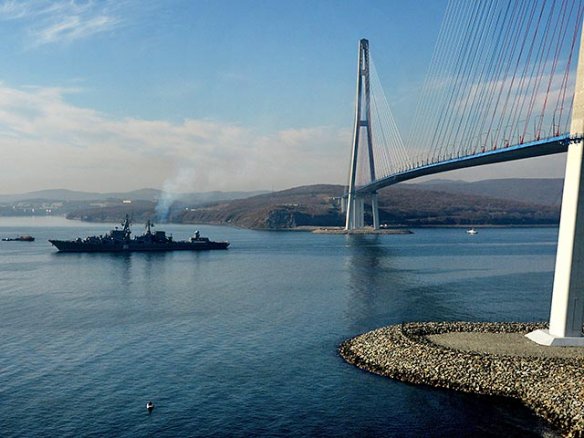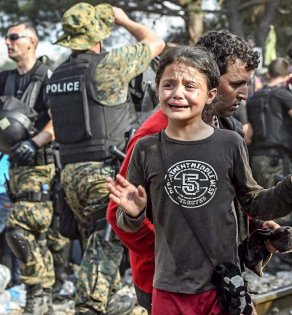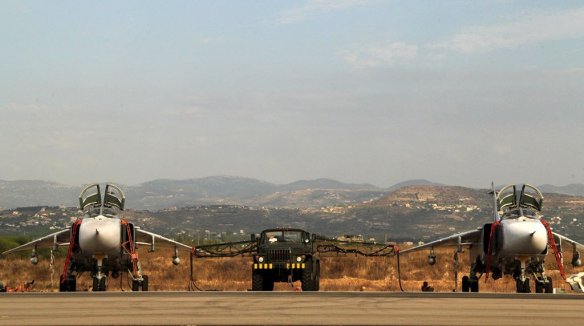Monday 25 January Observers and stakeholders have called on South Sudan’s government and the SPLM (IO) to resolve the deadlock over forming a transitional government. Tuesday 26 January SPLM (IO) leader Riek Machar claims that the government of President Salva Kiir continues to violate the August peace agreement and he wants the United Nations and… Read more »
This Week in South Sudan – Week 3
Monday 18 January Residents of Wonduruba, Central Equatoria State, accused government forces of killing five civilians on 14 January while collecting food from their abandoned homes in Gobur village. According to the SPLM (IO) spokesperson, Riek Machar will not return to Juba unless President Salva Kiir revokes the reform dividing South Sudan into 28 states…. Read more »
This Week in South Sudan – Week 2
Monday 11 January At least five dead after clashes between Dinka Bor herders and Bari farmers in Lobonok, Central Equatoria. The Bor herders and the Bari community later agreed to settle their differences peacefully. Tuesday 12 January According to UNICEF, 51 per cent of South Sudanese children between 6 to 15 years of age, 1.8… Read more »
The Discreet Charm of Passenger Data: Big Data Surveillance Coming Home
Several governments see in the mass-surveillance of passenger data the key tool of counter-terrorism. These data are generally known as PNR – Passenger Name Records, and their potential for law enforcement has been discussed at least since the 1990s. Now European Union (EU) debates about the creation of a European PNR scheme seem settled once and for all. Others have already provided legal analyses of the measure to come. Here the goal is different: I aim to show how urgent it is to start researching the political dimensions of this security program right when all politics fade away.

Example of a PNR. PHOTO: Edward Hasbrouck, The Practical Nomad.
While PNR were part of my PhD research and as such a big chunk of my everyday world, I often have quite a hard time to explain what PNR are beyond a quite small circle of geeks. It was even difficult to explain colleagues how this kind of topic may be relevant for international and EU studies. Blame it on my lack of training or competence in the vulgarization of scientific research. Blame it on my choice of a theme considered either a technicality or something for ‘legal scholars only’.
Since November 2015, things (might) have changed. The surveillance of air passengers has become a trumpeted European priority in the revamped War on Terror, while before it was largely considered an expert-only business. Several political declarations voice the need to create a system able to identify potential ‘returning jihadists’ and better track their travels within and outside of Europe, and the EU institutions seem closer than ever to adopt legislation on the matter. But, what are we speaking about when we speak about PNR? And what are the challenges ahead for researchers, advocates and institutions alike?
This Week in South Sudan – Week 1
Tuesday 5 January BBC Radio “Saving South Sudan’s Lost Girls” Wednesday 6 January The South Sudan Armed Forces/South Sudan Federal Democratic Party (SSAF/SSFDP) dismissed allegations that they are connected to Gabriel Changson or General Peter Gatdet Yak group. The newly appointed governor of Wau State, Elias Waya Nyipuoc, criticized his predecessor’s administration for failing to… Read more »
Unfriended: How Russia’s Syria Quagmire is Costing it Middle Eastern Allies

Russian missile cruiser Varyag has left its home port Vladivostok and arrived to the Mediterranean.
At a time when most Russians were taking a long break from politics until after the Orthodox Christmas on January 7, there has been no respite in Russia’s air operations in Syria, nor in the quarrel with Turkey. Rather than focus on the bread-and-butter issues of making ends meet, Russian policymakers seem to be instead preparing their next round of conflict escalation in an attempt to energize the populace around a new rallying cry.
The Kremlin cannot afford a sobering up that awakens the public to the stress of falling incomes and shameless corruption. So, it is working to supply another attention-grabbing crisis. The incentives for fanning violent conflicts, therefore, are greater than just “Vladimir Putin’s obsession for payback,” as Garrett Campbell recently (and accurately) described on this blog. Moscow cannot be content with than an eye for an eye, it needs a victory bright enough to camouflage Russia’s grim economic reality.
For the rest of the article, visit Brookings’ “Order from Chaos” blog.
Governments Don’t Outsource Atrocities to Militias. Here’s What Really Happens

Syrian refugees at the Macedonian border in August 2015. Photo: EPA/Georgi Licovski/Freedom House
Refugees are fleeing Syria in such astonishing numbers because armed groups continue to target civilians with violence.
That’s what we heard in September when the U.N. Human Rights Council discussed the most recent report of the Commission of Inquiry on Syria. The commission’s chair, Paulo Sérgio Pinheiro, made a plea for international action to end the conflict, pointing to gross violations of the laws of war by all the warring parties: indiscriminate bombing of civilian homes, the deliberate torture and murder of civilians, and widespread rape and sexual violence as acts of war.
On Nov. 19, the U.N. General Assembly’s Third Committee approved a draft resolution based on the commission’s report, which strongly condemned these human rights violations and called for greater accountability.
The commission cites the Syrian Armed Forces for many of these atrocities, as well as the plethora of pro-government militias like the shabiha, the Popular Committees and the many loosely organized militias referred to collectively as the National Defense.Read More
Russian Strategy Seeks to Defy Economic Decline with Military Bravado

Russian troops meet the New Year in Syria.
President Vladimir Putin concluded 2015 with the approval of a revised National Security Strategy, which defines the strengthening of the North Atlantic Treaty Organization (NATO) as a threat and commits to countering it by securing the unity of Russian society and by building up the country’s defense capabilities. In the course of the past year, Russia entered into a complex and self-propelling crisis—and the Kremlin’s only anti-crisis response has been to exploit the confrontation with the West as a means of sustaining “patriotic” mobilization and explaining away Russia’s deepening decline by pointing to hostile outside pressure. The new Strategy is more frank than the previous edition in defining the increase of NATO military activity and building of a missile defense system as “unacceptable.” At the same time, it is also dishonest, claiming the expansion of a “network of US military-biological labs in the states bordering Russia.” Finally, it is self-complimentary, describing Moscow’s foreign policy as “open, rational and pragmatic,” as well as out of touch with reality by asserting that “Russia’s economy showed a capacity for strengthening its potential despite the instability of the world economy” and the enforcement of sanctions (Kremlin.ru, December 31, 2015).
The full text of the article is in Eurasia Daily Monitor, January 4.
This Week in South Sudan – Week 53
Tuesday 29 December President Salva Kiir swore in new governors for South Sudan’s restructured 28 states. Members of the SPLM (IO) advance team and the SPLM held a joint meeting in Juba. Wednesday 30 December The leader of the Federal Democratic Party (FDP), a splinter group of the SPLM (IO), clarified that it has not… Read more »
In Defence of the Reviled 20th century

The 20th century comprised a long stride towards a more peaceful world. (Pixabay CC0 Public Domain)
The century of peace. The 20th century laid the foundations for what could make our century a century of peace.
The 20th century is often referred to as the bloodiest in human history. Towards the end of that century, the historians Eric Hobsbawm, Gabriel Kolko and Niall Ferguson published general narratives entitled, respectively, Age of Extremes, Century of War, and The War of the World.
Last year there were many publications warning against the outbreak of a new world war of the same kind as the one unleashed by the Guns of August one hundred years earlier.
Yet, in spite of all the turmoil in Ukraine and the Greater Middle East, and the squabbles in the South China Sea, we came nowhere near a world war.
In our view, despite the two world wars, the Holocaust, the gulags, the atomic bomb, Maoism, the Khmer Rouge, and Rwanda, the 20th century should not be reviled. It comprised a long stride towards a more peaceful world. Moreover, the century became more peaceful as it drew to a close, thus creating a real possibility of making our century into a century of peace.Read More